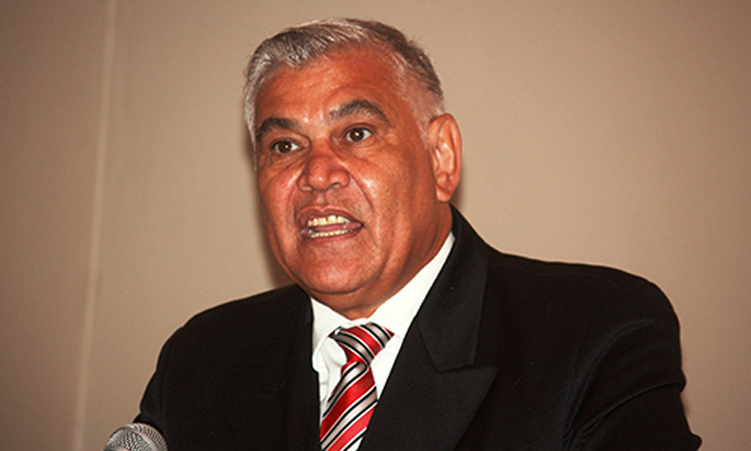THE war against poverty and deprivation cannot be won unless the requisite interventions are made to promote universal access to Information Communication Technologies (ICTs).
This was the view of Deputy Minister of Works, Transport and Communication Steve Mogotsi at the official opening of Telecom Namibia’s ICT Summit 2007 underway in Windhoek. “This is because in today’s fast-globalising world, ICT holds tremendous promise to marginalised communities and economies,” he said, adding that the technology can connect individuals, small companies or groups of artisans in the poorest and the most isolated areas of the world and bring them to the attention of national and global markets.Mogotsi explained that technologies could also provide a platform for good governance, quality education, health care and the dissemination of relevant data to rural farmers.The government adopted Vision 2030, which calls for a strategic plan designed to transform the country into an ICT-based, middle-income economy in order to improve the quality of life and improve the social, cultural and political fabric of Namibian society.”ICT is an enabler to achieving our developmental objectives in the sense that it empowers development stakeholders with an improved working environment and networking opportunities to better set up, co-ordinate and control the development agenda,” he said, However, Mogotsi noted, the country needs to put in place the necessary infrastructure for easy development of the ICT industry.One of the biggest requirements in this regard is the provision of an optimal level of electricity supply and low-cost and large coverage of communication systems.”The liberalisation of the telecommunications sector currently underway in the country is another important and positive move in the right direction, and this liberalisation spirit should be encouraged for the sector to be competitive at the regional and global level,” he continued.More than 200 leading experts on ICT are attending the summit.Nampa”This is because in today’s fast-globalising world, ICT holds tremendous promise to marginalised communities and economies,” he said, adding that the technology can connect individuals, small companies or groups of artisans in the poorest and the most isolated areas of the world and bring them to the attention of national and global markets.Mogotsi explained that technologies could also provide a platform for good governance, quality education, health care and the dissemination of relevant data to rural farmers.The government adopted Vision 2030, which calls for a strategic plan designed to transform the country into an ICT-based, middle-income economy in order to improve the quality of life and improve the social, cultural and political fabric of Namibian society.”ICT is an enabler to achieving our developmental objectives in the sense that it empowers development stakeholders with an improved working environment and networking opportunities to better set up, co-ordinate and control the development agenda,” he said, However, Mogotsi noted, the country needs to put in place the necessary infrastructure for easy development of the ICT industry.One of the biggest requirements in this regard is the provision of an optimal level of electricity supply and low-cost and large coverage of communication systems.”The liberalisation of the telecommunications sector currently underway in the country is another important and positive move in the right direction, and this liberalisation spirit should be encouraged for the sector to be competitive at the regional and global level,” he continued.More than 200 leading experts on ICT are attending the summit.Nampa
Stay informed with The Namibian – your source for credible journalism. Get in-depth reporting and opinions for
only N$85 a month. Invest in journalism, invest in democracy –
Subscribe Now!






